Republic of India
Joint Submission to the UN Universal Periodic Review
41st Session of the UPR Working Group
Report on Situation of Human Rights Defenders (HRDs) in India
Submitted by: Asian Forum for Human Rights and Development (FORUM-ASIA) and Human Rights Defenders’ Alert-India (HRDA) with co-sponsorship of additional 2697 organisations and 1457 individuals (full list available in annex 1).
Submitted on 31 March 2022
--------------------------------------------------------------------------------------------------------
|
Asian Forum for Human Rights and Development (FORUM-ASIA)
Ahmed Adam Email: adam@forum-asia.org
|
Human Rights Defenders’ Alert – India (HRDA)
Henri Tiphagne Email: henri@pwtn.org
|
About the submitting organisations:
- The Asian Forum for Human Rights and Development (FORUM-ASIA) is a network of 85 member organisations across 23 countries, mainly in Asia. Founded in 1991, FORUM-ASIA works to strengthen movements for human rights and sustainable development through research, advocacy, capacity development and solidarity actions in Asia and beyond. It has consultative status with the United Nations Economic and Social Council and the ASEAN Intergovernmental Commission on Human Rights.
- Human Rights Defenders Alert (HRDA) – India is a national platform of human rights defenders for human rights defenders in India. Founded in 2010, it has more than 3000 individuals and organisations as members. HRDA initiates urgent action for the protection of human rights defenders under threat and attack.
- This report is submitted by FORUM-ASIA, HRDA and FORUM-ASIA’s member organisations in India.
- This joint submission in endorsed by additional 2697 organisations and 1457 individuals, including 2219 organisations and 1032 individuals that have opted to stay anonymous for fear of reprisals (full list available in annex 1).
Report on the situation of Human Rights Defenders (HRDs) in India
-
-
-
- Introduction
-
- This report predominantly focuses on the situation of human rights defenders in India since its last Universal Periodic Review (UPR) in 2017. This report was prepared based on research from credible sources of information including the government, international organisations, media reports, academic publications drawn from the public domain. In addition, inputs from experts and human rights defenders from all over India were sought through an online national consultation that was jointly conducted by FORUM – ASIA and HRDA on October 11, 2021, held for the purpose of this submission. Around 110 participants, all HRDs and experts working substantially on the various thematic human rights, took part in the consultation and many inputs and remarks were consolidated during this process for drafting this report.
- India had received recommendations to amend the Foreign Contribution (Regulation) Act, protect human rights defenders effectively against harassment and intimidation and also to enact a legislation to protect human rights defenders in the last UPR.[1] India noted these recommendations.[2]
-
- Human Rights Defenders in India: Constitutional and Legal Framework
- Any individual or organisation working for the protection and promotion of human rights in a peaceful manner could be termed as a human rights defender (HRD).[3] India is bound by international law standards including the United Nations Declaration on the Right and Responsibility of Individuals, Groups and Organs of Society to Promote and Protect Universally Recognized Human Rights and Fundamental Freedoms adopted by the General Assembly in 1998.[4]
- The Constitution of India guarantees to all its citizens fundamental rights including the right to life and equal protection of the law. It also guarantees fundamental freedoms including the right to freedom of expression, freedom of assembly and association subject to reasonable restrictions. Indian law does not recognize HRDs as a specially protected category of persons or provide any specific guarantees or safeguards.
- Status of HRDs in India: Overview
- HRDs face harassment and threats from state actors and non-state actors in India. They are subjected to physical attacks, criminal prosecution, intimidation, judicia, harassment, surveillance, intimidation, threats, and other forms of harassment. The state uses its machinery including the police and other investigative/law enforcement agencies to criminalise, arbitrarily detain and harass HRDs by abusing the law or selectively applying it.[5] Private corporations and other non-state actors, often outfits associated with the political party in power, have also targeted HRDs for their work pertaining to large development projects, protection of environment or empowerment of local communities.[6] Most abuses have been perpetrated with impunity and the state has not been proactive in prosecuting these cases. Notable are the threats of gender-based violence faced by women HRDs; they are subjected to online harassment and trolling, threatened with sexual violence and acid attacks.[7]
- The government has used criminal laws such as the Unlawful Activities (Prevention) Act 1967[8], sedition (Section 124A of the Indian Penal Code)[9], criminal defamation[10] and other laws to retaliate against HRDs. These laws are applied selectively, less with the object of genuine prosecution, but to chill free speech, silence the HRDs and prevent them from carrying on their legitimate human rights work. The “process is the punishment” as the HRDs are constrained to defend themselves in numerous, often prolonged and delayed, judicial proceedings expending resources including time and money that they can ill-afford.
- Whereas access to resources including funding from foreign sources is an important aspect of right to association, Foreign Contribution (Regulation) Act 2010 and the amendments made to the law in 2020, has been deployed in India to restrict HRDs’ functioning, by refusing registration to receive foreign funding. Despite significant pressure from civil society and international agencies, the government has refused to review the law or its enforcement.
- The UN Special Rapporteur on the situation of HRDs has stated that India does not “properly protect human rights defenders”.[11] Between 2015 and 2019, OHCHR recorded 53 killings of HRDs in India.
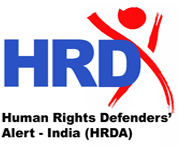


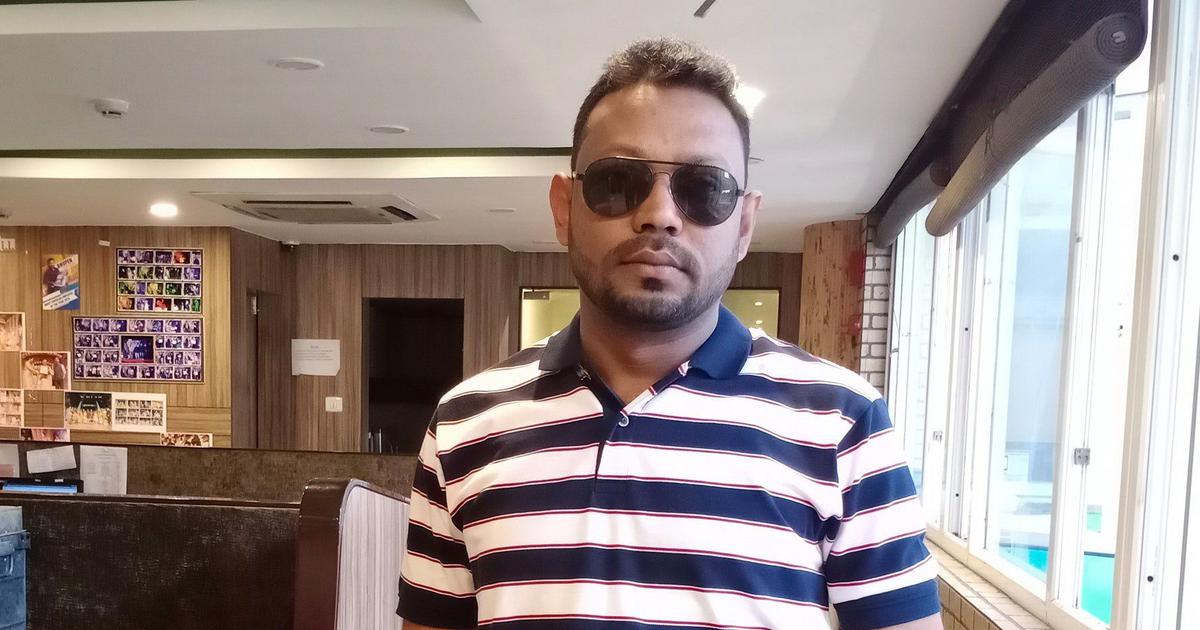
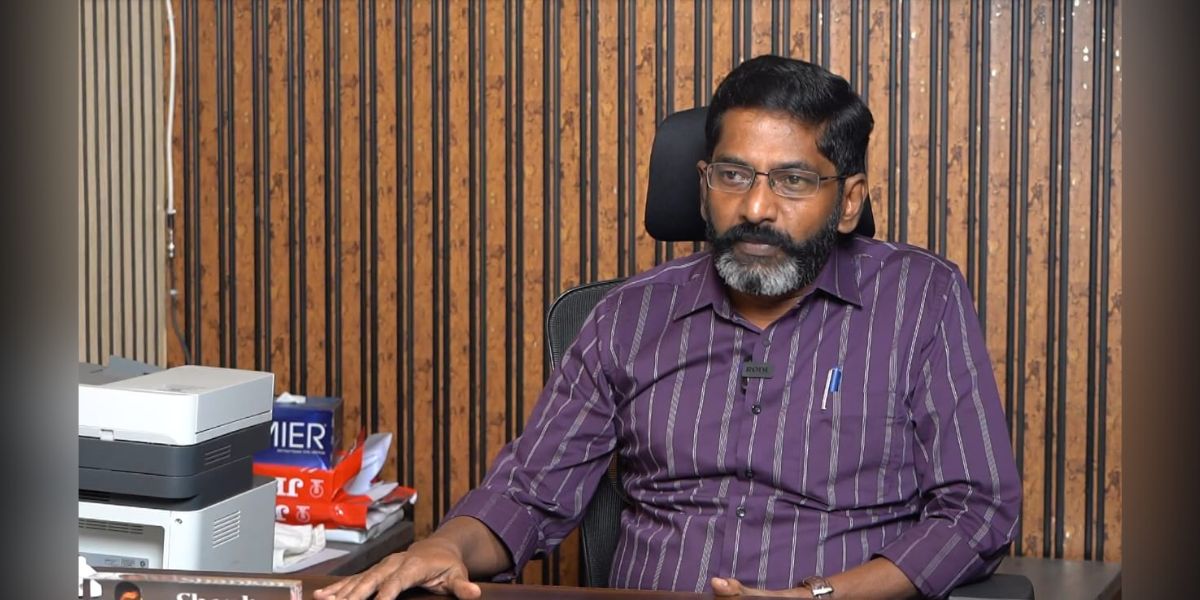

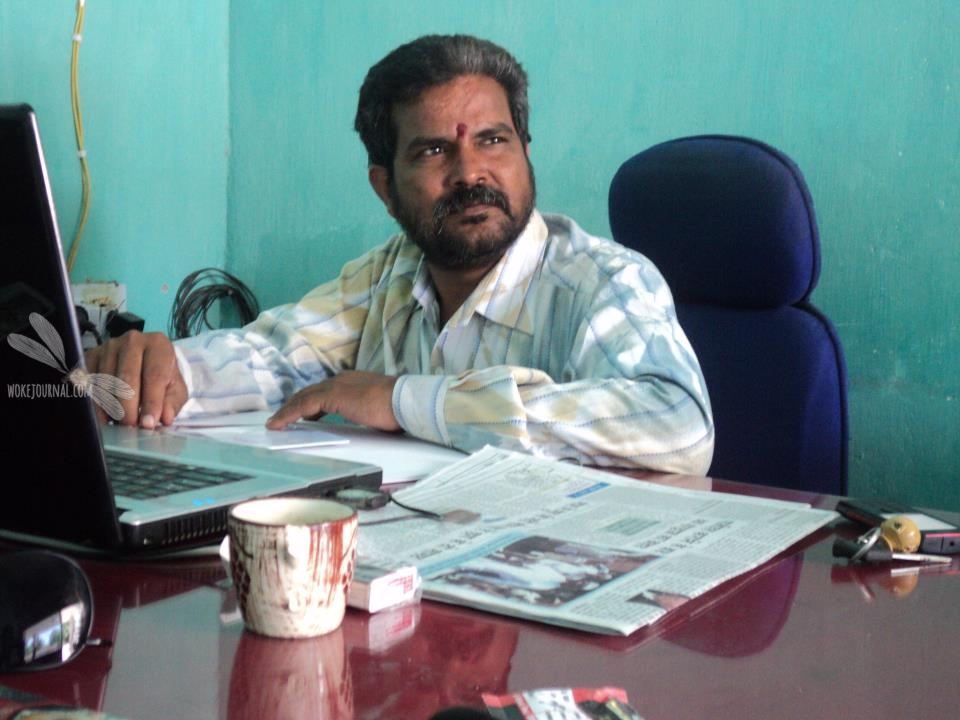
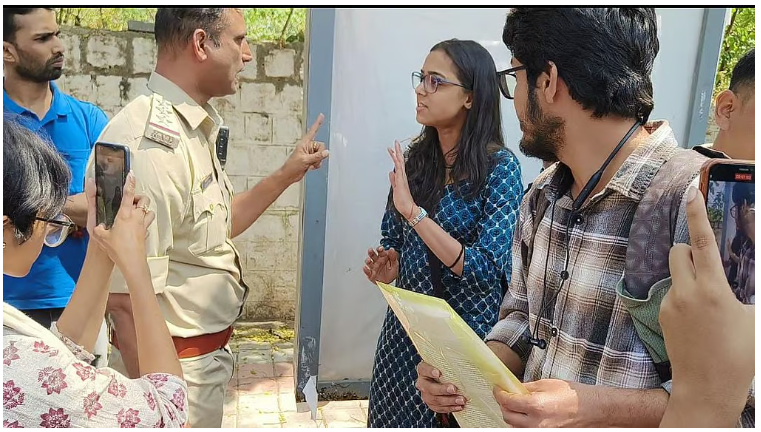
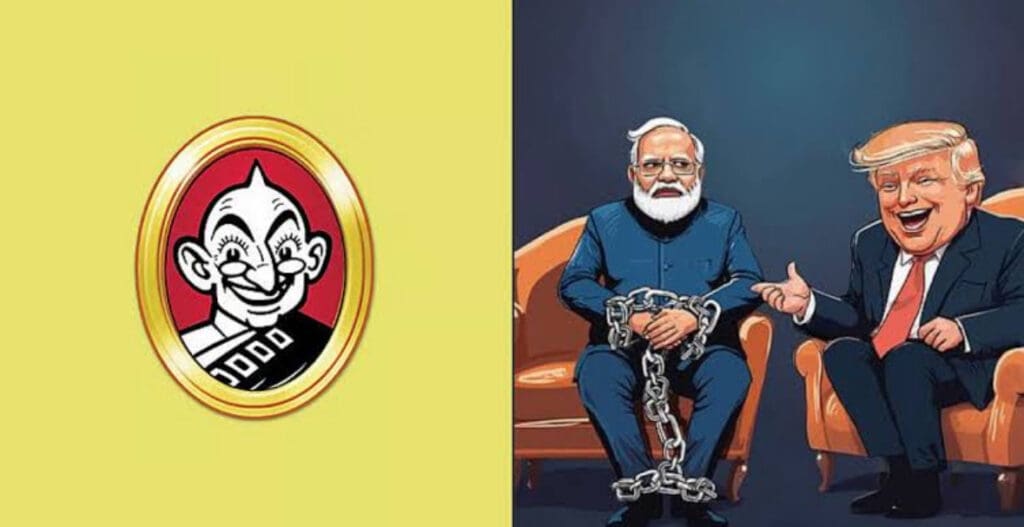
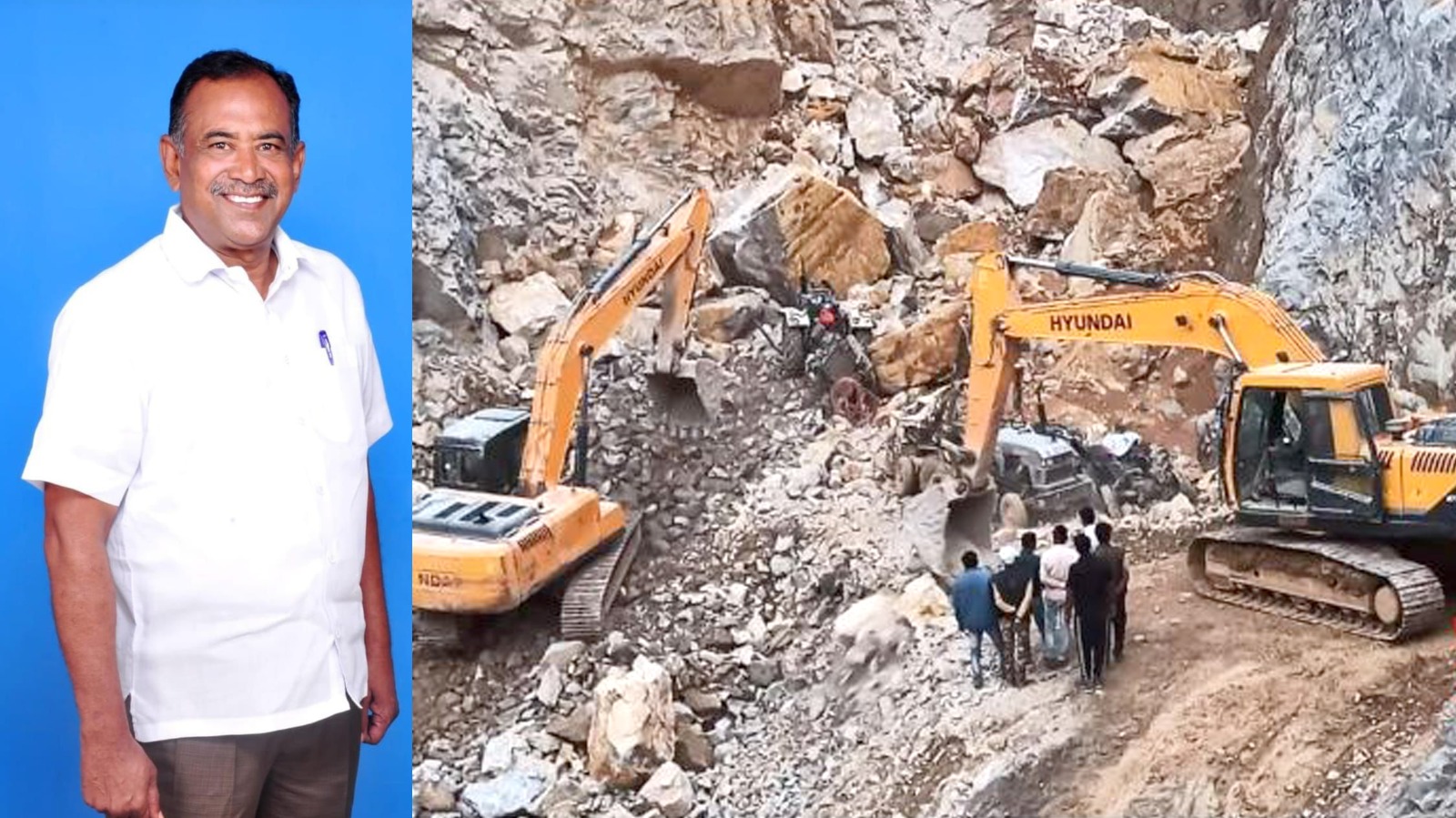
Add Comment